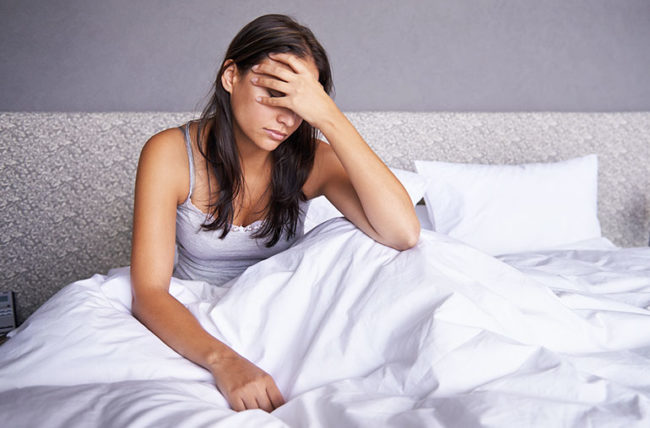Morning depression is a symptom experienced by certain individuals with a significant depressive issue. With morning depression, you may have more extreme manifestations toward the beginning of the day than in the evening or night. This side effect varies per individual, yet most show signs of sadness, frustration, anger, moody, and weakness.
Feeling sleepy very early in the morning or at the beginning of the day, particularly if you need to get up early because of work or school, is a genuine regular event. Yet, some individuals experience something beyond sluggishness in the morning when they wake up – this may be “morning depression,” which can lead to more serious conditions if not treated in time. The earlier you notice this kind of behavioral feeling which is strange to you occurring often, the best is to see your doctor.
Morning depression is otherwise called a diurnal variety of depressive disorder or diurnal mood variety. It is quite, not the same as a seasonal defective disorder, which is related to changes in seasons. Morning depression was previously considered by experts as a clinical diagnosis on its own, but studies have proved it as one of the symptoms of depression.
People with morning depression may also notice they find it hard to:
- Wake up in the morning strong.
- Get up from the bed.
- Avoid over-sleeping.
- Think clearly, particularly early in the morning.
- Complete regular morning tasks, like washing dishes, taking a bath or getting dressed

To answer the question if depression symptoms are worse in the morning, let’s look at the likely causes of morning depression:
- Sleep problems: This is often related to having depression. Individuals who don’t get enough quality sleep are bound to be depressed. Depression itself can make it difficult for you to sleep because of different thoughts that engage your mind. A common physical cause of poor sleep and depression is obstructive sleep apnea. This condition arises when you stop breathing and start breathing again during the night. Knowing how to take care of your sleep apnea can ease your depression symptoms. But waking up in the morning without much sleep in the night increases the symptoms of depression.
- Stress hormones: Our body system is made up of natural in-build chemical or hormone that regulates our system. Our body releases a chemical called cortisol in response to “fight or flight” situations. This hormone increases our heart rate, blood pressure, blood sugar, and breathing rate. A high level of cortisol in the body may be linked to such problems as anxiety, depression, and can also lead to difficulty in memory and concentration. Usually, our cortisol levels spike after you wake up. This might be due to our body overreacting to the stress hormone and leaves you feeling down in the mornings thereby showing more signs and symptoms of depression.
- Inflammation: Researches have proved that high levels of an inflammation-causing chemical called interleukin-6 (IL-6) in the brains of people with depression, schizophrenia, and other mental health disorders rise and fall at different times in different people. But early morning is a common peak period according to medical experts. One study found that in some people, IL-6 amounts climb overnight and reach their highest level close to the time that their cortisol levels peak.
- Disrupted Circadian Rhythm: The circadian rhythm is been referred to as our 24-hour internal body clock, otherwise viewed as the body’s natural ability to identify when we should be awake or asleep. The two hormones responsible for playing a very important role in regulating our circadian rhythm are cortisol and melatonin. Cortisol plays the role of making us alert during the day, while melatonin is released to aid feelings of sleepiness at night. The circadian rhythm of people suffering from depression is usually disrupted because the timing of the release of these hormones is disturbed which can cause us to feel like sleeping in the morning. This can contribute to further feelings of depression.
- Low Blood Sugar Levels: If we don’t eat, our blood sugar level will go down. Since blood glucose provides us energy in our body system, upon waking, we require sustenance in the form of food to raise our blood sugar levels to function efficiently. Because low blood sugar affects all parts of our body including the brain cells, and because the brain cells control all nervous actions in our system, we feel generally low in the morning not until our blood sugar is elevated. Those that don’t take breakfast are even more likely to feel tired, depressed, and unable to function properly
With the above explanation on the likely causes of morning depression, you can agree with me that there is no other time that the symptoms of depression are worse than in the morning.